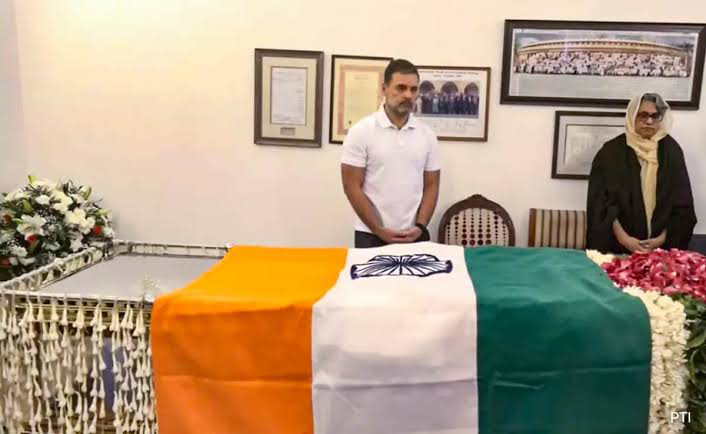South Korea’s political arena is engulfed in controversy as Acting President and Prime Minister Han Duck-soo faces fierce backlash over his refusal to fill three vacant seats on the Constitutional Court. Han defended his decision, citing a lack of bipartisan agreement, but opposition voices, led by Democratic Party floor leader Park Chan-dae, have accused him of dereliction of duty. "He lacks the qualifications to serve as acting president and the will to uphold the Constitution," Park declared.
This development adds to an already tense political climate. Earlier this month, President Yoon Suk-yeol was impeached following his contentious declaration of martial law, a move that rekindled memories of South Korea's authoritarian past. The Constitutional Court, now critically understaffed, faces significant hurdles in reviewing Yoon’s impeachment, leaving the nation in a precarious state of legal and political paralysis.
The Democratic Party has raised the stakes by moving to impeach Han. If successful, the acting presidency would fall to Finance Minister Choi Sang-mok, further complicating an already unstable government. What should be a process of careful governance has turned into a series of high-stakes power struggles, exposing the fragility of South Korea’s democratic institutions.
This turmoil underscores a deeper systemic crisis. The cycle of impeachments, declarations of martial law, and political gridlock is eroding public trust in the judiciary and other democratic pillars. What was once seen as a robust democracy is now showing cracks under the strain of partisan infighting.
The stakes extend beyond South Korea's borders. The nation’s internal instability threatens to weaken its position on the global stage, undermining its role in a region already fraught with geopolitical tensions. For a country long regarded as a beacon of democratic progress in East Asia, this crisis serves as a sobering reminder of how quickly democratic systems can falter.
South Korea now faces a critical juncture. The question is whether its leaders can put aside their political battles to stabilize the nation or whether the cycle of discord will push the system closer to collapse. The future of South Korea’s democracy—and its role in the world—depends on the choices made in the coming weeks.










